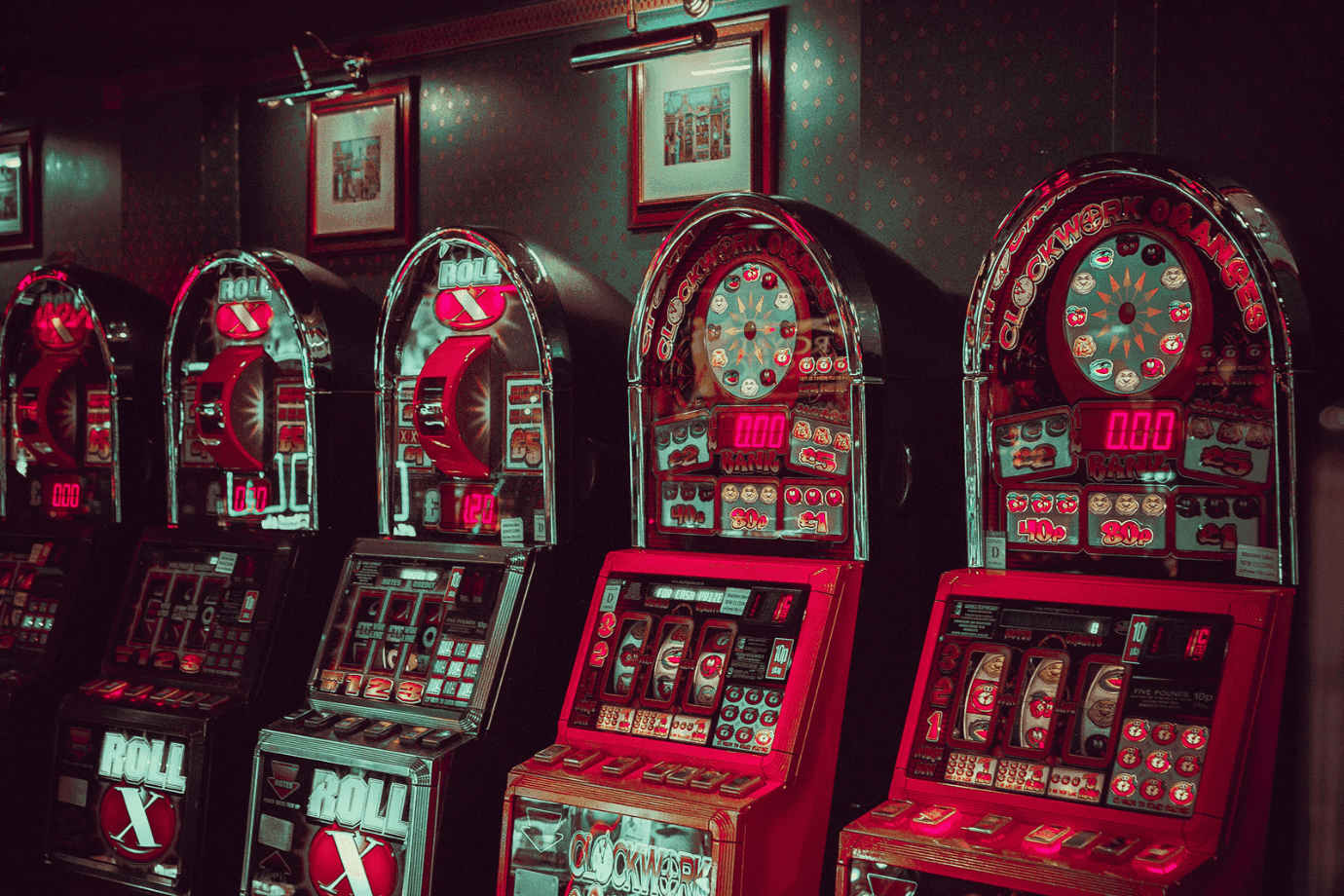Betting
The Sunk Cost Fallacy in Gambling
For the most part, wagering on sports at the best betting sites is a popular pastime enjoyed by millions of people every day. There will inevitably be a few swings to the betting balance but other than a few quid lost here or there, for most bettors it’s a fun pastime that increases the enjoyment of watching sports, without many negative consequences.
SportsBoom offers honest and impartial bookmaker reviews to help you make informed choices. While we may earn commissions through affiliate links, our content remains independent and free from promotional influence. For more information, see our Content Transparency and How We Review pages.

But for some, the world of betting is full of real danger. From the hazards of betting under the influence of alcohol or drugs, to the misplaced belief you can beat the house thanks to a particular system, to maxing out credit cards in the pursuit of that huge life-changing win. And here’s another perhaps lesser-known one: the sunk cost fallacy.
The sunk cost fallacy in everyday life
Ever watch a movie that was bad at the beginning but which you carried on watching till the end because you’d already watched 2/3 of it when you realised it was bad? Ever carried on trying to succeed with a particular sales strategy in your job that you know isn’t working, just because you’ve invested a lot of time developing it?
Ok, those are both examples of the sunk cost fallacy.
A good definition of it comes from Oxford dictionary:
“The phenomenon whereby a person is reluctant to abandon a strategy or course of action because they have invested heavily in it, even when it is clear that abandonment would be more beneficial. Eg. the sunk-cost fallacy creeps into a lot of major financial decisions"
The sunk cost fallacy when betting on casino or sports
You see it a lot in gambling.
A good example is the slots player at a casino who has been playing the same machine for hours on end, leading to increased heartbreak and bigger losses by the minute. Rather than accepting their fate, they carry on pumping more money into it while saying something like “it has to pay out sooner or later” or “I’ve put so much money in that it’s only fair it pays me out a Jackpot soon”.
Sadly for them, past results don’t affect future performance, as they say in personal finance. Every spin of a slot machine is completely independent from the previous one, or the previous 10,000 for that matter. You have the same chance of winning big if you invested one coin in it, or 500 coins.
Or take the racing punter who all day has been backing horses out of Stall 5 and losing. Rather than changing strategy to something based on form, the jockey or the horse’s speed for example, they carry on pursuing the ‘stall theory’ on the basis that it’s too late to give up on it.
It’s not.
What can punters learn from the sunk cost fallacy?
Above all: they can learn to actually understand it.
It’s surprising how many casino players genuinely believe that a slot ‘remembers’ what happened on previous spins. Or that if you play number 7 on roulette and it hasn’t come up in the previous 50 spins of the wheel, it’s ‘about time that it did’. Again, the wheel doesn’t remember what came before.
Punters need to start to be aware when they are doing it. And learn to stop doing it!
Far wiser strategies are to be bet based on betting value; only backing at odds that are bigger than they should be. Or only focusing on one niche league within one sport. Or even following tips from seasoned pros who spend all day crunching numbers and studying form because it’s their livelihood.
Any of these is likely to produce better results than the sunk cost fallacy.

James has been writing about cricket, football and tennis betting for the best part of 20 years for some of the biggest operators, websites and publications in the industry. Heroes and heroines include Paul Scholes, Chris DiMarco, Anastasia Myskina, Richard Gasquet, Nat-Sciver Brunt and Kumar Sangakarra.
Related Content
- Best AI Sports Betting Prediction Software
- What are Teasers in Sports Betting?
- Managing Emotional Bias
- What Are The Best Sports To Bet On?
- Parimutuel Betting Guide
- What Does SP in Betting Mean?
- What is a Prop Bet in Sports Betting?
- Superfecta Betting Explained
- What is an If Bet in Sports Betting?
- AI in Sports Predictions
- Futures Wagers Strategy
- Dead Heat Rules Betting
- Roulette Beginner's Guide
- Future of Betting Trends
- Line Movement & Sharp Action
- Fixed Odds Betting Explained
- What is a lucky 15 bet
- What Does Doubles Mean in Betting?
- What Does Overround Mean in Betting?
- What Does PK Mean in Betting?
- Wire-to-Wire Bets
- Social Media for Sports Insights and Wagering
- What Does 'The Chalk' Mean in Sports Betting?
- What is a ladder in sports betting?
- What is Head to Head Bets?